What a Fuel Filter Does for Your Car
Harnessing the Power of Fuel Filtration: The Unsung Hero of Automotive Performance
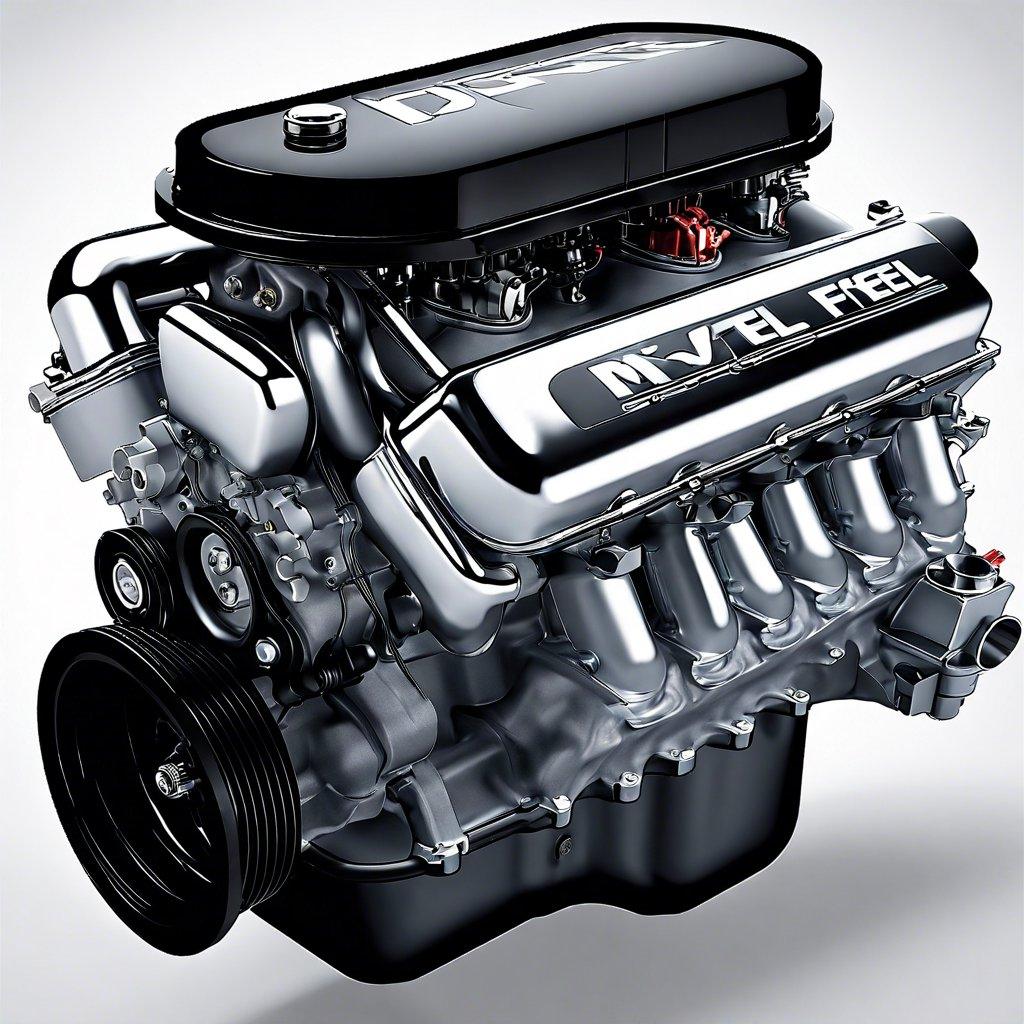
The Vital Role of Fuel Filters in Automotive Performance
In the intricate world of automotive engineering, the humble fuel filter often goes unnoticed, yet it plays a crucial role in ensuring the optimal performance and longevity of your vehicle. This unsung hero, nestled within the fuel system, is responsible for safeguarding your engine from the detrimental effects of impurities, debris, and contaminants that can lurk within the fuel supply.
Protecting Your Engine: The Fuel Filter’s Mission
The fuel filter’s primary function is to trap and remove unwanted particles, such as dirt, rust, and other foreign matter, before they reach the delicate components of your engine. These impurities, if left unchecked, can cause significant damage to critical parts like fuel injectors, carburetors, and fuel pumps, leading to reduced efficiency, decreased power output, and even complete system failure.
Ensuring Smooth Fuel Delivery
A properly functioning fuel filter not only safeguards your engine but also guarantees smooth and consistent fuel delivery. By filtering out contaminants, the fuel filter ensures that the fuel reaching your engine is clean and free of impurities, allowing for optimal combustion and improved engine performance.
Extending Engine Lifespan
The longevity of your engine is directly linked to the effectiveness of your fuel filter. By trapping harmful particles before they can infiltrate the engine, the fuel filter helps to prevent premature wear and tear on critical components, ultimately extending the overall lifespan of your vehicle.
Fuel Efficiency and Emission Control
A clogged or inefficient fuel filter can have a significant impact on your vehicle’s fuel efficiency and emissions. By maintaining a clean fuel supply, the fuel filter helps to optimize the combustion process, leading to improved fuel economy and reduced harmful emissions.
Preventive Maintenance: Keeping Your Fuel Filter in Top Condition
To ensure the continued performance and longevity of your vehicle, it is essential to adhere to the manufacturer’s recommended fuel filter replacement schedule. Neglecting this vital maintenance task can lead to a host of problems, including decreased engine power, increased fuel consumption, and even complete system failure.
Conclusion: The Unsung Hero of Automotive Performance
In the grand scheme of automotive engineering, the fuel filter may seem like a small and unassuming component, but its importance cannot be overstated. By harnessing the power of fuel filtration, you can unlock the true potential of your vehicle, enjoying improved performance, enhanced fuel efficiency, and a longer-lasting engine. As the unsung hero of automotive performance, the fuel filter deserves the recognition it rightfully deserves.
Fuel Filters: Safeguarding Your Engine’s Lifeblood
The Vital Role of Fuel Filters
In the complex ecosystem of an automobile, the fuel filter plays a crucial role in ensuring the longevity and performance of the engine. As the gatekeeper of the fuel system, this unsung hero safeguards the lifeblood of your vehicle, protecting it from contaminants that can wreak havoc on delicate engine components.
Filtration: The First Line of Defense
The fuel filter is strategically positioned between the fuel tank and the engine, acting as a barrier to trap impurities and debris before they can reach the sensitive fuel injectors or carburetors. These impurities, if left unchecked, can lead to clogged fuel lines, stuck valves, and even accelerated wear on the fuel pump, ultimately compromising the engine’s efficiency and reliability.
Improving Fuel Efficiency
A well-functioning fuel filter not only protects the engine but also contributes to improved fuel efficiency. By ensuring a consistent flow of clean fuel, the engine can operate at its optimal performance, reducing the amount of fuel required to generate the necessary power. This translates to tangible savings at the pump and a smaller environmental footprint.
The longevity of an engine is directly linked to the quality of the fuel it receives. A clogged or ineffective fuel filter allows contaminants to circulate through the fuel system, leading to premature wear and tear on critical components. By maintaining a clean and unobstructed fuel supply, the fuel filter helps extend the engine’s lifespan, potentially saving you from costly repairs down the road.
Preventive Maintenance: The Key to Longevity
Fuel filter replacement is a crucial part of any preventive maintenance schedule. Manufacturers typically recommend changing the fuel filter at regular intervals, often coinciding with oil changes or other routine service intervals. Adhering to these guidelines ensures that the fuel filter remains effective, protecting your engine from the detrimental effects of contaminated fuel.
| Fuel Filter Replacement Interval | Recommended Frequency |
|---|---|
| Gasoline Vehicles | Every 30,000 to 50,000 miles |
| Diesel Vehicles | Every 10,000 to 15,000 miles |
By understanding the importance of the fuel filter and incorporating its maintenance into your routine servicing, you can safeguard the lifeblood of your engine and enjoy a smooth, efficient, and long-lasting driving experience.
- Fuel filters protect against contaminants that can damage engine components
- Proper filtration improves fuel efficiency and extends engine lifespan
- Regular replacement is crucial for maintaining engine health and performance
Unleash Your Car’s Potential: The Vital Role of Fuel Filters
The Unsung Hero of Your Car’s Performance
As an engineering or technology professional, you understand the intricate workings of automobiles. However, one component that often goes unnoticed is the humble fuel filter. This unassuming component plays a crucial role in maintaining your car’s optimal performance, and its importance cannot be overstated.
Filtration at Its Finest
The fuel filter’s primary function is to remove impurities and contaminants from the fuel before it reaches the engine. These impurities, such as dirt, rust, and other debris, can cause significant damage to sensitive engine components, leading to reduced efficiency, increased emissions, and even engine failure.
Prolonging Engine Life
By effectively filtering the fuel, the fuel filter helps to extend the lifespan of your car’s engine. Clean fuel ensures that the engine’s fuel injectors, valves, and other components operate as intended, reducing the risk of premature wear and tear. This, in turn, can lead to lower maintenance costs and a more reliable driving experience.
Improved Fuel Efficiency
A well-functioning fuel filter not only protects your engine but also contributes to improved fuel efficiency. When the fuel filter is clogged or dirty, it can restrict the flow of fuel, causing the engine to work harder and consume more fuel. By keeping the fuel filter in top condition, you can optimize your car’s fuel consumption, saving you money at the pump and reducing your environmental impact.
Preventive Maintenance
Regularly replacing your car’s fuel filter is a critical aspect of preventive maintenance. Manufacturers typically recommend changing the fuel filter at specific intervals, as outlined in your vehicle’s owner’s manual. Adhering to these recommendations can help ensure that your car’s fuel system operates at peak efficiency, extending the life of your engine and providing a smooth, responsive driving experience.
Fuel Filter Replacement: A Simple Solution
The process of replacing a fuel filter is relatively straightforward and can often be done by a skilled DIY enthusiast or a trusted automotive technician. By taking the time to properly maintain your car’s fuel filter, you can unlock its full potential, ensuring that your vehicle runs at its best for years to come.
| Key Benefits of a Fuel Filter |
|---|
|
In conclusion, the fuel filter is an unsung hero in the world of automotive engineering. By understanding its vital role and properly maintaining this component, you can unlock your car’s full potential, ensuring a smooth, efficient, and reliable driving experience for years to come.
Fuel Filters: The Cornerstone of Efficient and Reliable Engine Operation
Understanding the Importance of Fuel Filters
Fuel filters play a crucial role in the proper functioning of your vehicle’s engine. They are designed to remove impurities, contaminants, and debris from the fuel before it reaches the engine, ensuring efficient and reliable operation. This article will delve into the intricacies of fuel filters, their purpose, and the benefits they provide to your car’s performance.
The Anatomy of a Fuel Filter
A fuel filter is typically a cylindrical or cartridge-shaped component located in the fuel line, either near the fuel tank or the fuel pump. It consists of a filter element, usually made of pleated paper or synthetic material, encased in a housing. The filter element is designed to trap and remove particulates, such as rust, dirt, and other contaminants, from the fuel as it passes through the filter.
Protecting Your Engine from Fuel Impurities
The primary function of a fuel filter is to protect the engine from the damaging effects of impurities in the fuel. Over time, the fuel tank can accumulate sediment, rust, and other contaminants, which can be drawn into the fuel system. Without a fuel filter, these impurities can clog critical engine components, such as the fuel injectors, fuel pumps, and carburetors, leading to decreased performance, reduced fuel efficiency, and potential engine damage.
Ensuring Optimal Engine Performance
By removing these contaminants, fuel filters help maintain optimal engine performance. Clean fuel ensures efficient combustion, which translates to improved power, acceleration, and fuel economy. Additionally, a well-functioning fuel filter can extend the lifespan of expensive engine components, such as the fuel pump and fuel injectors, by preventing premature wear and tear.
Routine Fuel Filter Maintenance
To ensure the continued effectiveness of your vehicle’s fuel filter, it is essential to follow the manufacturer’s recommended maintenance schedule. Typically, fuel filters should be replaced at regular intervals, often every 30,000 to 60,000 miles, or as specified in your owner’s manual. Neglecting to replace the fuel filter can lead to increased fuel consumption, decreased engine performance, and, in severe cases, engine failure.
In conclusion, fuel filters are a crucial component of your vehicle’s fuel system, protecting the engine from harmful contaminants and ensuring optimal performance. By understanding the importance of fuel filters and adhering to proper maintenance practices, you can maintain the reliability and efficiency of your car’s engine for years to come.
Meta Keywords
- Fuel filters
- Engine performance
- Fuel system maintenance
- Engine protection
- Fuel efficiency
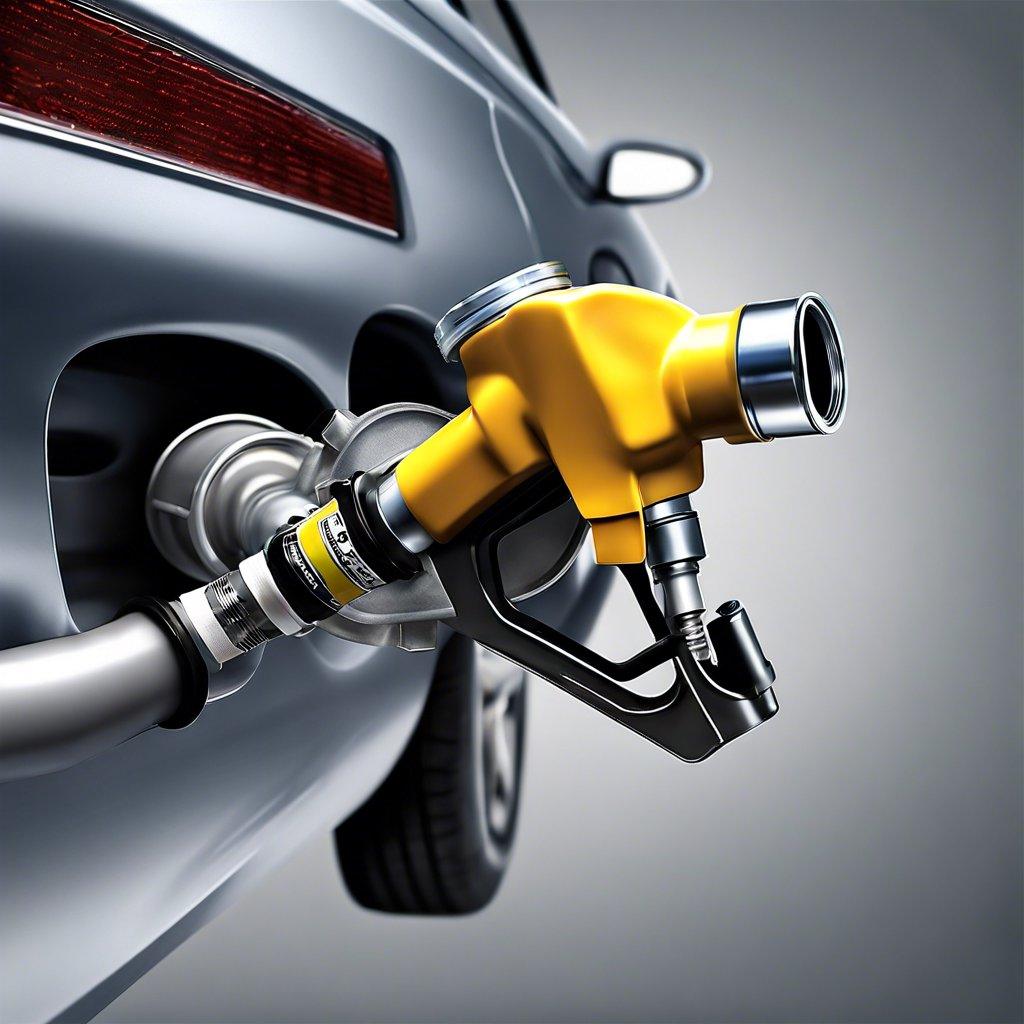
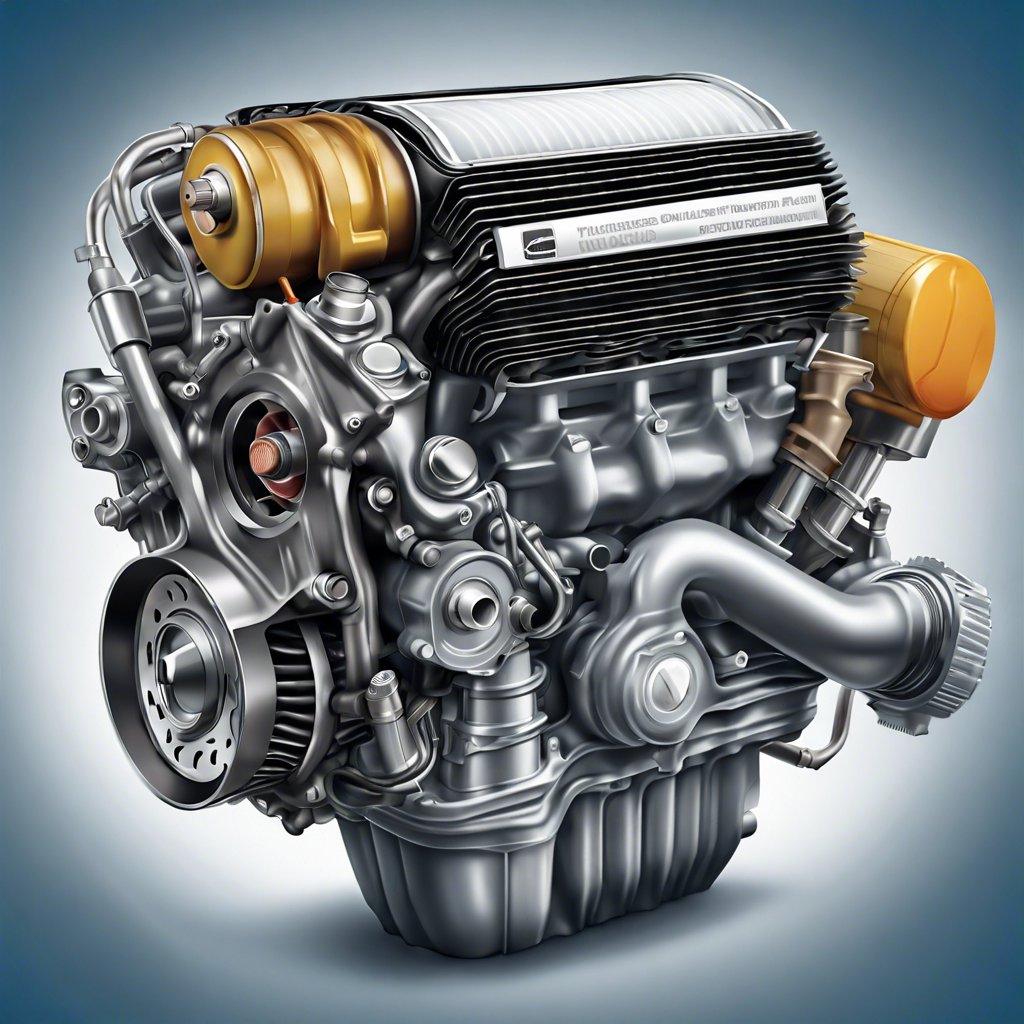
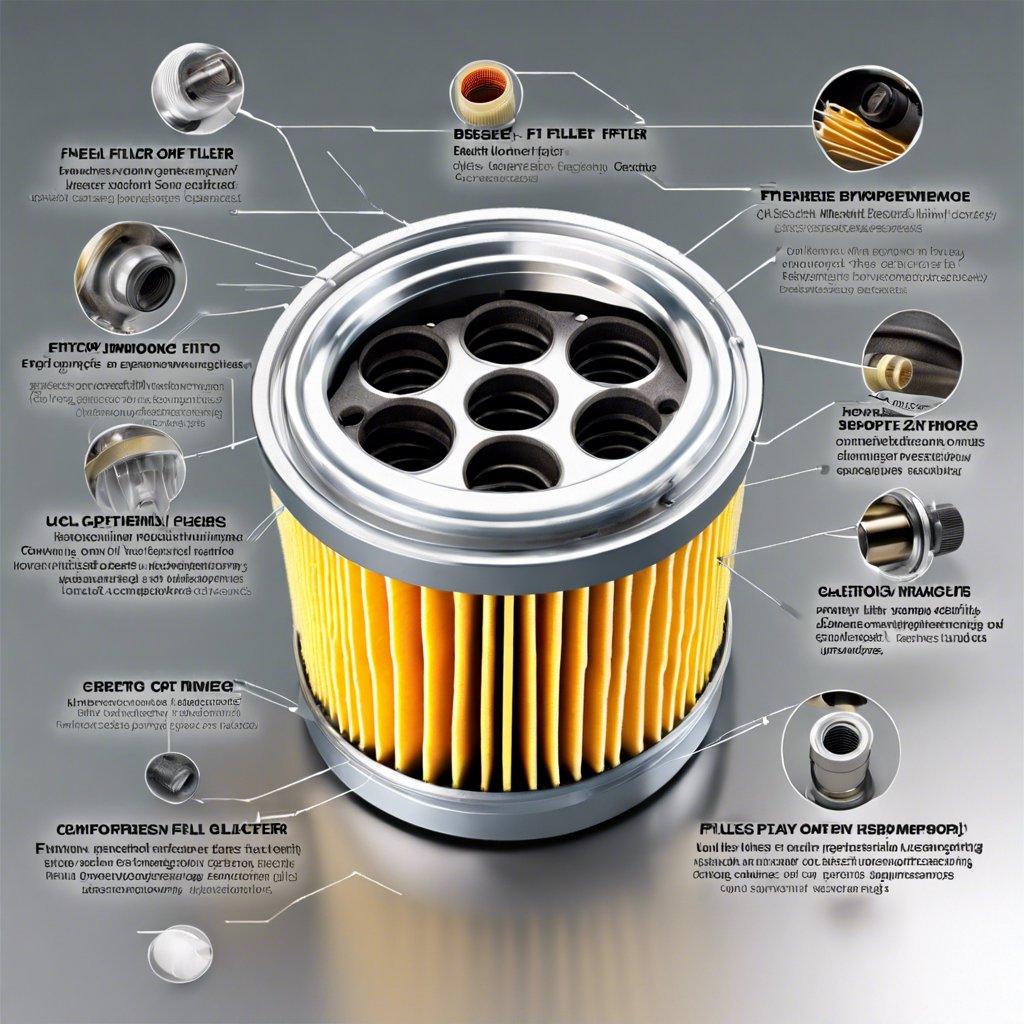
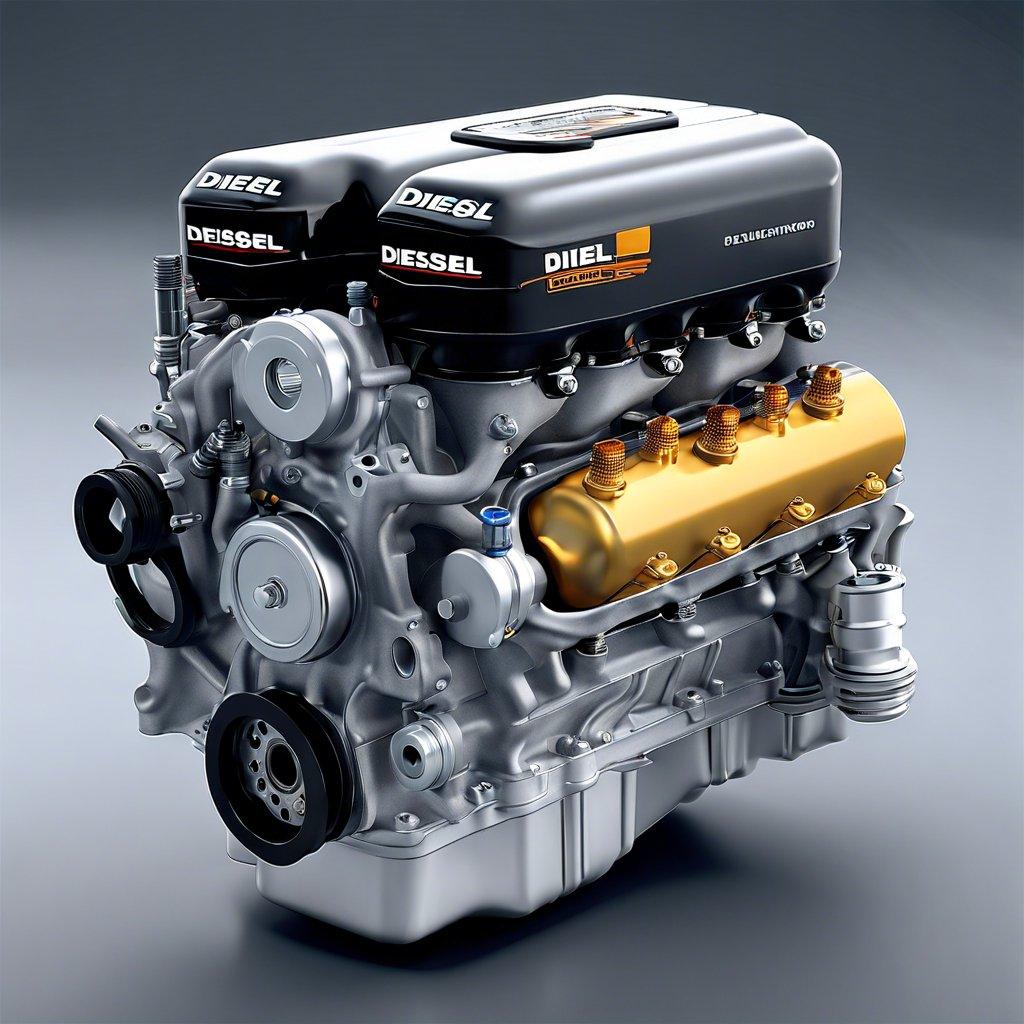
Post Comment